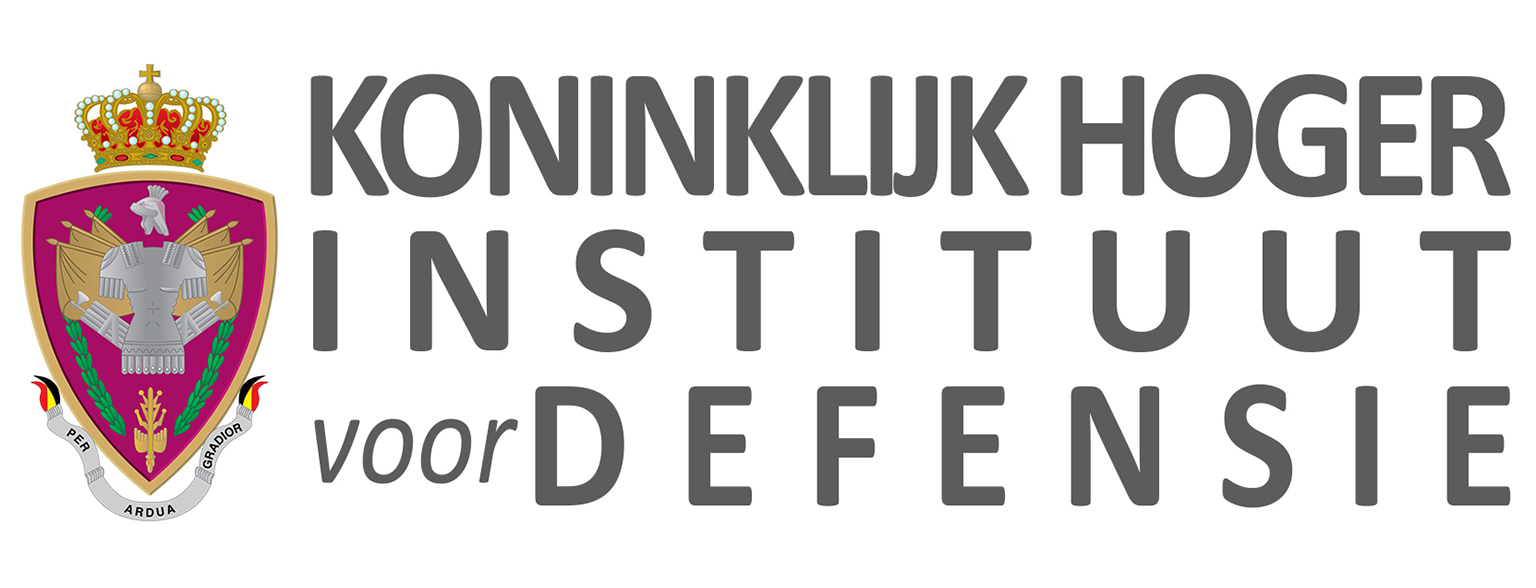Advanced Military Health

Health is a key force multiplier for the military; only a healthy force can function at maximum effort and sustain it. Health is not merely the absence of injury or disease; in its widest sense it includes physical, social, mental, and spiritual well-being. In an operational context, health is the ability to carry out military duties unimpeded by physical or psychological problems. Though accepting that the military can be a hazardous occupation, public opinion does not necessarily accept potentially avoidable risks. Consequently, the health of the forces must be assigned a very high priority before, during and after any deployment.
Effective medical support is fundamental to mission success. The role of military medical support remains unchanged: preventing alterations of and restoring both health and combat strength. The changing global environment, however, demands increasingly agile, resilient, and flexible medical support.
With the prevention of traumas and diseases (through timely hazard identification, risk assessment and management), the rapid and effective treatment of injured or diseased personnel (including acute emergency treatment of life-threatening conditions), their medical evacuation and eventual subsequent recovery and return to duty, the medical services make a major contribution to force protection and sustainability.
Research on “Advanced Military Health” will focus on all aspects of health, health care and related human performance for the military from an interprofessional perspective and holistic approach of health and well-being. This includes human physical and psychological resilience and endurance, health optimisation, enhanced cognitive capabilities and human-machine interaction as described below.
Research should be directed towards:
- Workforce andResilience. Preparing the workforce of tomorrow is enabling humans to plan, prepare, train, conduct and recover from operations with consistent performance, while safeguarding health, maximising fitness, promoting safety, and minimising debilitating effects in all working conditions (including operations) through detection, prevention, protection, and treatment techniques. Particular attention is given to integrating and personalising physical and cognitive performance as well rehabilitation care innovations required to reset our wounded and sick warriors, both in terms of duty performance and quality of life, through health, medicine, and machine support. In the field of physical security, research should focus on the protection of personnel against environmental constraints: preventing health complaints and well-being issues in a potentially harmful or risky environment.
- Medical Solutions for Health Optimisation and embracing new technologies. Developing and deploying advanced medical solutions to optimise the physical performance and endurance of military personnel, and to facilitate an early return to combat or successful transition to a civilian environment. Emphasis is given on methods and techniques to improve health, prevent disease and fatigue, and provide effective diagnostics and treatment. This includes, but is not limited to specialised therapies (e.g., vaccines, phagotherapy, broad spectrum therapies), diagnostic detection devices (e.g., body sensors) and personalised medicine, novel approach for rapid point-of-case diagnosis of chemical and biological agents exposure, (prolonged) combat casualty care and monitoring, and regenerative medicine.
- Health and healthcare delivery systems in home base and in operations, to include medical disaster management, medical logistics and pharmaceuticals, cold chain management and new technologies (i.e., telehealth applications). This includes also ‘Care far forward’: recent and actual conflicts show that the golden hour of evacuation cannot be respected if means are insufficient or the tactical situation is unsure (e.g., no air supremacy for evacuation). S&T could be bringing potential solutions to the injured warfighter and the medical personnel in a remote or/and isolated war situation: bringing equipment and help by the means of XR, drones, or telemedicine.
- Biotechnologies and Human Enhancement/Augmentation (BHEA) are one of the eight Emerging and Disruptive Technologies (EDT) identified by NATO STO. Synthetic biology enables the modification or creation of biological systems by combining microbiology and genetic engineering techniques with the principles of systems engineering and its exploitation will advance defence capabilities through applications in medicine (e.g., development of vaccines and therapeutics), human performance augmentation (e.g., development of wearable/body-worn biosensors designed for pathogens and chemical threats), and Chemical and Biological (CB) defence (e.g., development of (threat agnostic) detection and identification systems). Several scientific and technological advances are recognised as fundamental enablers of synthetic biology and biotechnology and of the underlying development of human performance augmentation. Among these enablers, improvements in data science (processing power and long-term data storage using e.g., DNA), artificial intelligence (developing machine learning pipelines), sequencing (multi-omics: combination of data sets of different omic groups e.g., genome, proteome, transcriptome, epigenome, metabolome, and microbiome) and synthesis capabilities (reading and writing/editing of the genetic material) are the disruptive technologies that are essential to develop within the Belgian Defence to augment and enhance human performance and improve chemical and biological defence.
- Enhanced Cognitive Performance, which employs health improvements, to include nutrition, pharmacological drugs and other measures for improved alertness and cognitive processing capabilities.
- Research on advanced military health, which notably includes approaches to monitor, assess, and improve human (psycho)physiological performance through cognitive, physical and simulation techniques, as well as exoskeleton and autonomous systems employment, cognitive and physical interfaces, physiology, and neuro-ergonomics. The use of neuroscience for human systems integration in a context of cognitive performance and efficacy is described in Research Area 11.
- Health and well-being supporting institutional levers such as health and well-being promotion (e.g., comprehensive soldier fitness), collective support (e.g., psycho-social moral and religious support), regulations (e.g., force health protection, occupational health and safety) and politics (e.g., organisational resilience, epidemiological health surveillance).
